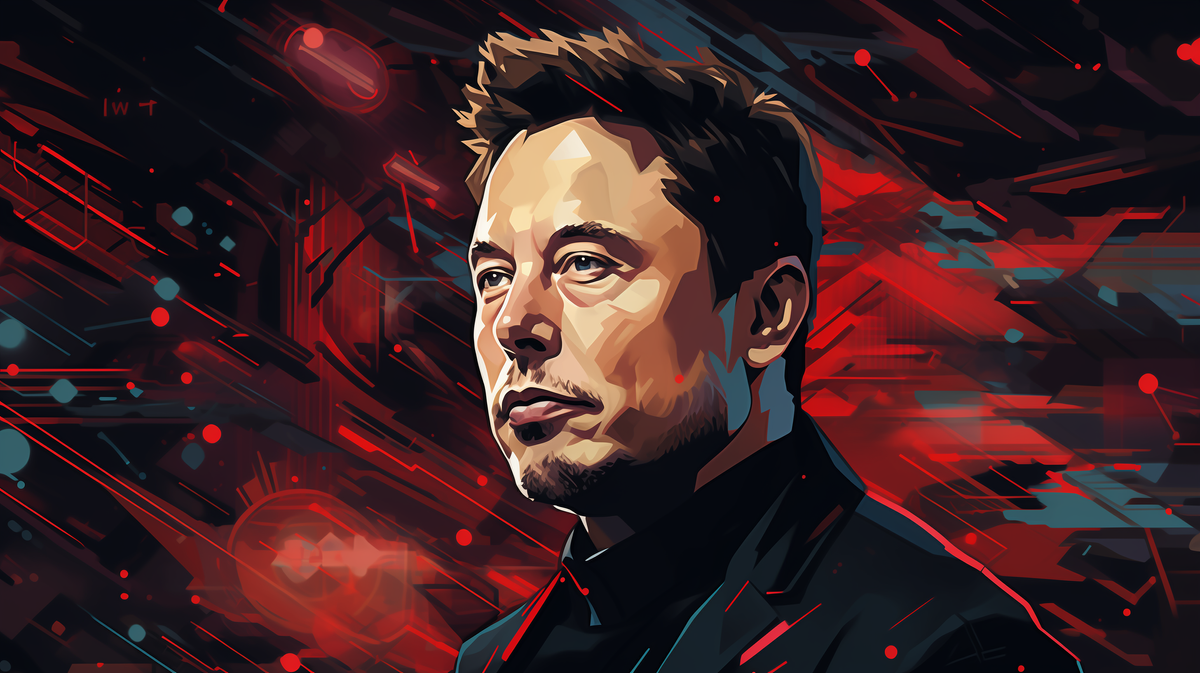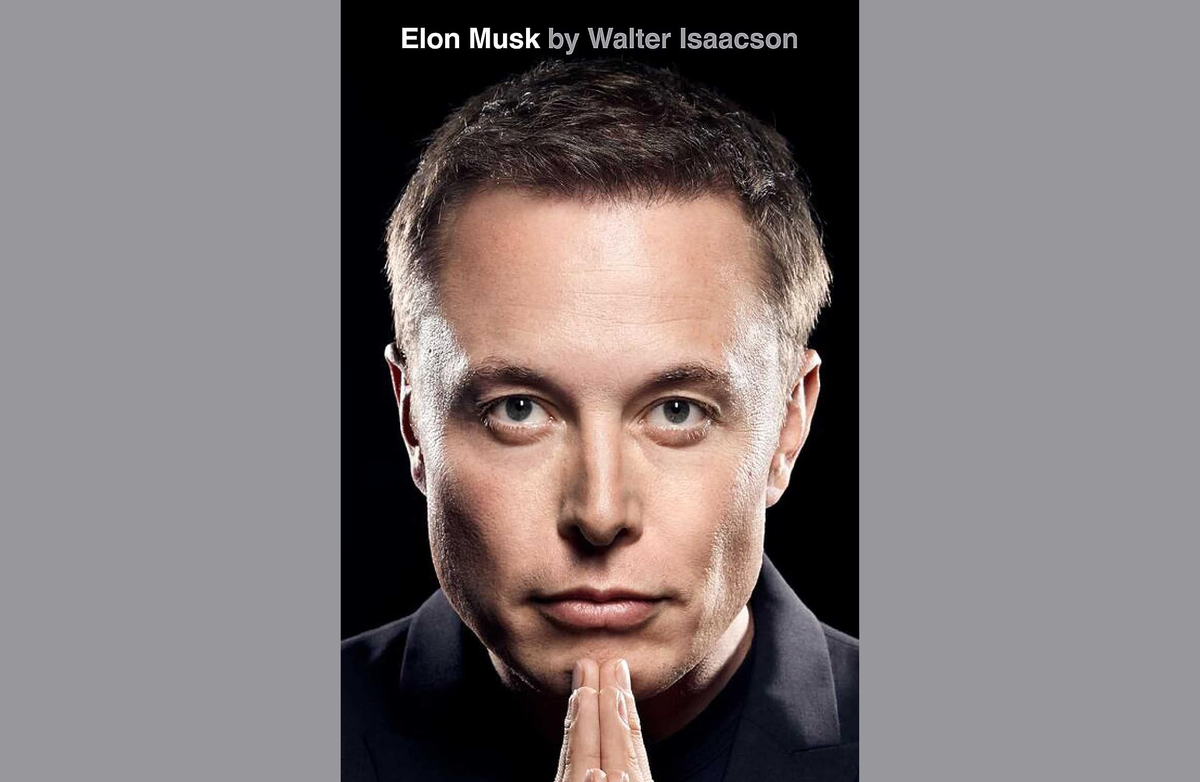Why Does Elon Musk Succeed Where Others Fail?
Discover the secrets behind Elon Musk’s success and how you can apply his principles—like first principles thinking, relentless execution, and mission-driven leadership—to build a resilient, game-changing startup.

As an advisor to early-stage CEOs and founders, I often get asked, “How do some entrepreneurs succeed over and over again, even in the toughest conditions?” Naturally, the name Elon Musk comes up a lot. Whether you admire him or not, Musk has consistently achieved the success most entrepreneurs only dream of. He’s reshaped entire industries—electric cars, space exploration, renewable energy—often starting from a point where failure seemed inevitable.
So, how does he do it? How does one person manage to push through near-impossible odds time and again? Let’s break it down.
1. First Principles Thinking: Forget the Playbook
If there’s one lesson every entrepreneur should take from Musk, it’s his approach to problem-solving. Musk doesn’t just ask, “What’s everyone else doing?” He starts from scratch, asking, “What’s fundamentally possible here?”
For example, when building Tesla, the conventional wisdom was that electric cars were impractical—too expensive, with poor battery performance. Musk didn’t buy into that. Instead, he asked, “What’s stopping this from working?” By focusing on the physics of energy storage and scaling battery production, he created a product that wasn’t just viable—it was desirable.
This thinking challenges you to strip away assumptions. As a founder, ask yourself: Are you innovating or following the herd? The herd won’t lead you to the breakthrough.

2. Relentless Execution: Speed Over Perfection
Here’s where Musk separates himself from most leaders: his companies execute at a speed that’s almost unheard of. SpaceX’s first three launches failed spectacularly. Most would’ve called it quits. Musk doubled down, fixed the issues, and succeeded on the fourth attempt, securing a NASA contract that saved the company.
At Tesla, he pushed through production bottlenecks by sleeping in the factory and solving problems on the ground. That’s not just a stunt—it’s a signal. Musk’s urgency inspires his teams to move faster and focus harder.
As an early-stage founder, you don’t have to sleep on the office floor, but you do need to embody that urgency. Your team watches how you respond to challenges. If you’re all in, they’ll follow.

3. High-Risk, High-Reward Thinking
One of Musk’s most defining traits is his willingness to bet it all. In 2008, he put his last remaining cash into Tesla and SpaceX, knowing that he’d be broke if either failed. That’s not recklessness—it’s conviction. He sincerely believed in the long-term vision that short-term pain was worth it.
But let’s be honest: not every founder should take risks at that scale. The takeaway here is to evaluate your risk tolerance. Are you willing to make bold moves when the data supports them, or are you playing it safe? Growth often lies just outside your comfort zone.
4. Build a Mission-Driven Team
Musk’s companies attract the best and brightest, not because he’s the easiest boss to work for but because his missions inspire people. Engineers join SpaceX because they want to get humanity to Mars, while Tesla attracts those who want to save the planet.
Mission matters. As an early-stage founder, you might not have the resources to hire the top 1%—yet. But if your mission is compelling enough, people will join because they believe in what you’re building. Articulate your vision clearly, and make it about more than just money.

5. Embrace Failure as a Teacher
If you take one thing from Musk’s story, it should be this: failure isn’t the end. It’s data. When Tesla’s Model 3 production hit significant delays, Musk didn’t throw in the towel. He analyzed the bottlenecks, made drastic changes, and emerged stronger.
Early-stage startups fail all the time—but not all failures are fatal. What sets successful founders apart is their ability to pivot, adapt, and learn. Ask yourself: When things go wrong, am I freezing or recalibrating?
6. Master the Art of Storytelling
Let’s not underestimate Musk’s ability to control the narrative. His tweets might be polarizing, but they keep his companies in the spotlight. He knows how to tell a compelling story, whether it’s about colonizing Mars or revolutionizing transportation.
As a founder, you don’t need Musk’s media clout, but you do need to tell your story effectively. Why does your startup matter? What problem are you solving? Your narrative can attract customers, investors, and talent. Own it.
7. Optimize Timing and Resource Use
Musk’s success is also a story of impeccable timing. He entered the EV market just as lithium-ion batteries were becoming scalable. SpaceX launched as the government looked to privatize space exploration. His ability to spot these windows of opportunity has been critical.
Timing matters for you, too. Are you entering the market at the right moment? Are you using your capital efficiently to seize opportunities? Don’t just work hard—work smart.
What Can We Learn From Elon?
I don’t believe in putting Musk on a pedestal—he’s human, with flaws and missteps like the rest of us. But as an advisor, I can’t ignore the lessons his journey offers:
• Think from first principles.
• Move fast, but don’t fear mistakes.
• Lead with mission, not just profit.
• Adapt to failure and use it to grow.
Building a startup is competitive and chaotic and often feels impossible. Musk shows us that resilience, vision, and execution can turn the impossible into the inevitable.
Your Step-by-Step Plan for Building a Resilient Startup
Here’s how you can apply these principles to your journey:
1. Start with First Principles
Deconstruct your problem. Build solutions from the ground up.
2. Commit to Relentless Execution
Break goals into milestones. Tackle bottlenecks quickly.
3. Take Calculated Risks
Bet boldly on data-driven decisions. Push past your comfort zone.
4. Build a Mission-Driven Team
Inspire with purpose. Hire for passion and alignment with your vision.
5. Embrace Failure as a Teacher
Treat mistakes as data. Pivot and improve with speed and intention.
6. Master the Art of Storytelling
Tell a compelling narrative. Make your audience care about your mission.
7. Optimize Timing and Resources
Watch the market. Move when the moment is right, with efficiency.
8. Continuously Learn and Adapt
Seek out new knowledge, iterate on feedback, and stay open to change.
Final Thought: Relentless Learning
Success isn’t about following a specific playbook—it’s about relentlessly learning, adapting, and leading purposefully. Use this plan as a guide, but don’t be afraid to make it your own. After all, the best founders don’t just build businesses; they create movements.




